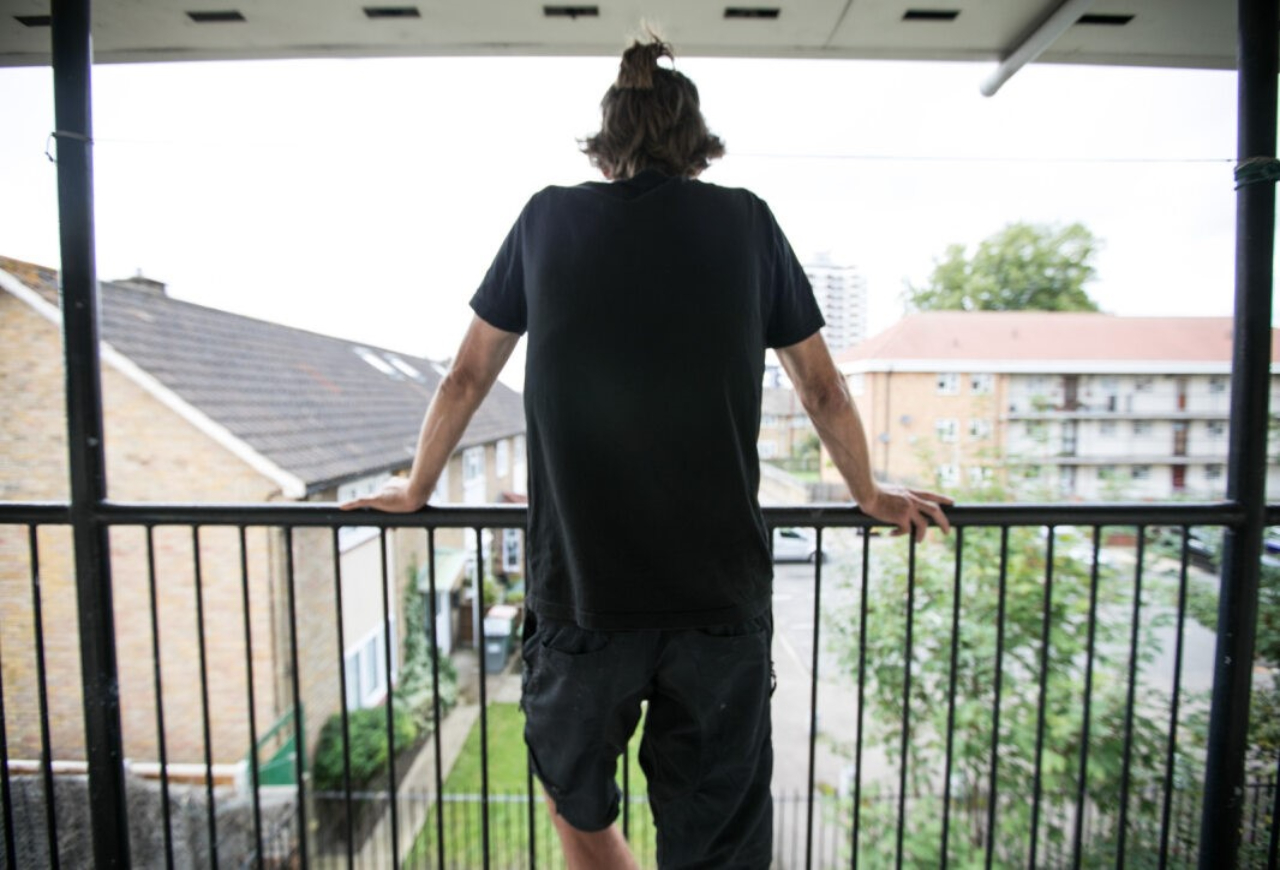More government funding directed towards homelessness funds would facilitate big-ticket investments from private institutions, the social investor says.

Big Society Capital (BSC) is calling on the UK government to reallocate spending to finance public-private funds tackling homelessness, in order to leverage further private investment. These funds are already providing significant benefits while saving the public sector money, according to a new report commissioned by the UK-based social investor.
The homelessness property funds, established by social property fund manager Resonance, seek to boost the finance available to provide stable, affordable accommodation for homeless or temporarily housed people by attracting capital from institutional investors, building on seed investments from government. Using this money, the funds buy and renovate properties and lease them to homelessness charities and housing associations. Investors then realise a return via income streams received mainly through property rentals supported by the housing benefits system.
Poor conditions
Around three-quarters of UK households in temporary accommodation live in poor conditions with over two-thirds of people having inadequate access to basic facilities, according to data from homeless charity Shelter. BSC contrasts this with research showing that 96% of tenants in accommodation provided by the homelessness funds say their property is in good condition, with a similar proportion saying this has had a positive impact on their relationships.
Gemma Bourne, BSC’s managing director, said vulnerable individuals and families were enduring substandard living conditions in temporary accommodation.
“This is not good for them, and it puts a heavy financial toll on local authorities, pushing them dangerously towards bankruptcy. It also underscores a glaring shortage in social and affordable housing – with research showing that £16.9bn (€19.8bn) will be needed every year to address undersupply,” she said.

“Our report demonstrates a solution which has now existed for over a decade, but for it to adequately address the challenge at hand, we need government to act now to actively crowd in further investment,” Bourne added.
The research was carried out for BSC by Alma Economics, and looks at the five existing Resonance-managed UK funds. Resonance’s CEO is social investor Daniel Brewer. Alma estimates that through the provision of high-quality accommodation with “wraparound care”, these schemes deliver wellbeing benefits equivalent to £17,500 per person, when compared with living in temporary accommodation.
The research also estimates that Resonance’s acquisition of over 1,000 properties in 2013-2023, plus the support services provided by their partners, saved local and central government £140m in spending on temporary accommodation and other costs relating to healthcare, mental health and criminal justice services.
Reallocation of public investment
Although the roots of the Resonance homelessness funds go back more than a decade, interest in the sector gained momentum during the Covid pandemic, when the UK government launched a scheme, “Everyone In”, to fund temporary accommodation for rough sleepers in the UK. BSC and its partners worked with the government to inject more funding into the seed portfolios of the Resonance funds, making them more attractive to private investors seeking to make big-ticket investments.
The five Resonance Homelessness Property Funds have raised £293m in all to date using the springboard of public funding. The UK national government contribution was a £25m grant, with further undisclosed contributions coming from UK local authorities. BSC is an investor in the funds, and supported the government in allocating its funding.

BSC argues that a further reallocation of public investment to the homelessness funds would both alleviate pressure on cash-strapped local government housing departments and enable taxpayer funds to go further, given the extra investment generated from the private sector.
“The feedback we get from pension funds is that they need a minimum fund size of at least £100m for the ticket sizes they are looking at, which perhaps could be £30m. So increased government support would grow the funds and make it easier for institutional investors to invest, thereby increasing their impact,” Marie-Alix Prat, an investment manager at BSC, told Impact Investor.
BSC estimates that a £100m grant from existing public funds could quadruple projected impact over the next ten years, by catalysing an additional £650m from investors that could provide housing for 23,750 people and save £1.1bn for the public purse on homelessness.






